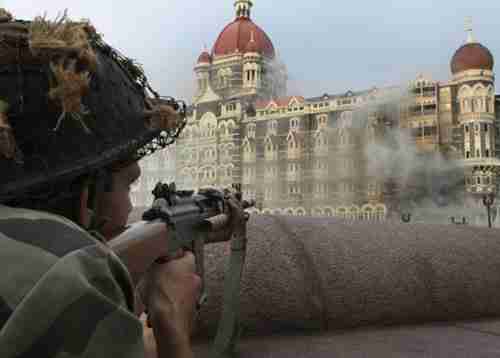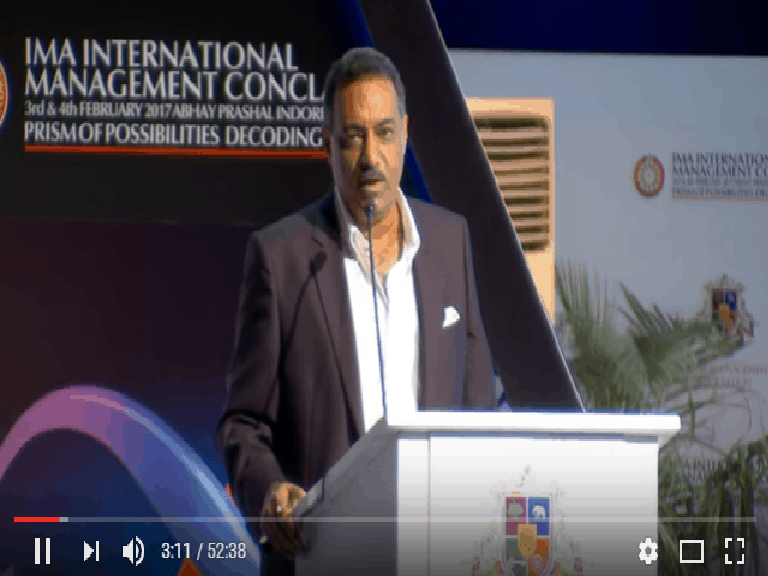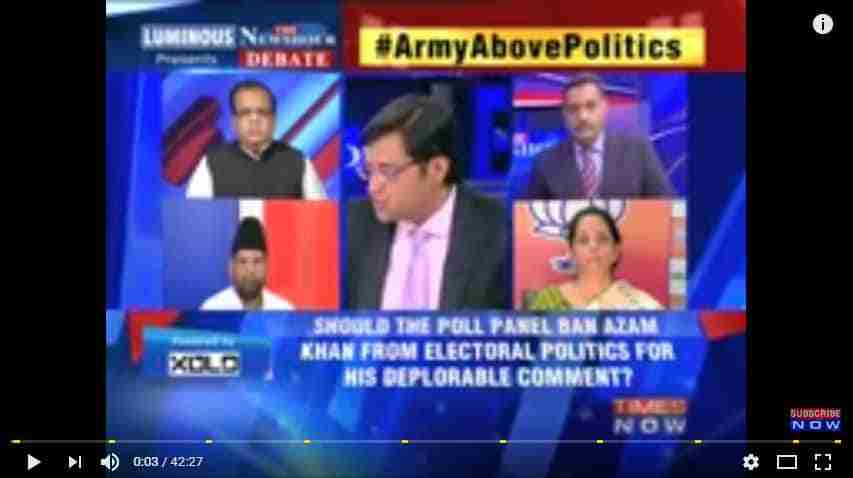Then, There Was None
The hanging of Ajmal Kasab (it’s actually ‘Kasaab’, butcher in his native tongue) has closed one chapter on the sordid saga of the attacks on Mumbai four years ago. For the families of the victims of those ghastly attacks, the execution has provided some relief. Many have said they are now prepared to move on, some even want to spread the message of peace. It also bears reiterating that for the families that carry the wounds of 26/11, the hanging of Kasab carries an important message. But it is a fallacy for India’s government to assume that this shows their resolve to act tough against terror. And did we really use Kasab to our complete advantage? Pakistan’s establishment is still in denial and has disowned Kasab, as they had disowned their dead soldiers in the Kargil conflict as also in the earlier wars.
Kasab was a small cog in the wheel. The true masterminds of the 26/11 massacre are still at large in Pakistan, where they enjoy state patronage. These range from Hafiz Saeed, the founder and chief mentor of the Lashkar-e-Toiba (LeT), who continues to spout venom against India at public gatherings without censor, and Zaki-ur-Rehman Lakhvi, the LeT’s chief military commander, who has the dubious distinction of having fathered a child during his current jail tenure! Kasab knew these men—as David Headley and others have already stated—and he would have also known Sajid Mir, the plotter of the 26/11 attacks, as well as the ISI’s Major Samir, both still at large. Clearly, the complicity of the Pakistani military and intelligence agencies was considerable, but its hawks are unrepentant on their terror tryst. We failed to exploit Kasab’s knowledge of these men. Televised interviews, with the international media in attendance, of Kasab identifying his handlers, would have done wonders for India’s case against Pakistan.
Perhaps then, international opinion would have forced Pakistan to move faster on the reams of evidence on the 26/11 attackers that New Delhi has handed over to Islamabad. In retrospect, India’s diplomatic efforts to get Pakistan to abandon terror as a policy tool has had little success. And despite Pakistan dragging its feet on the 26/11 investigations, the UPA has resumed bilateral talks, even though they delude themselves into believing it’s not a ‘composite’ dialogue!
And despite several crores, by some estimates, being spent on Kasab’s security and for the legal process of his trial and conviction, the one question that punches a hole in our claims that everything was by the book and above board, is: ‘Why weren’t Pakistan’s lawyers allowed to cross-examine Kasab?’ Some argue that circumstantial evidence, footage of Kasab gunning people down, and his admissions thereafter were adequate proof. However, Pakistani lawyers (many of whom toe the government line), denied an opportunity to speak to Kasab and record his statement, question India’s claims of due process.
(The authors are with Security Watch India, an Counter Terrorism Initiative. These are their personal views.)



